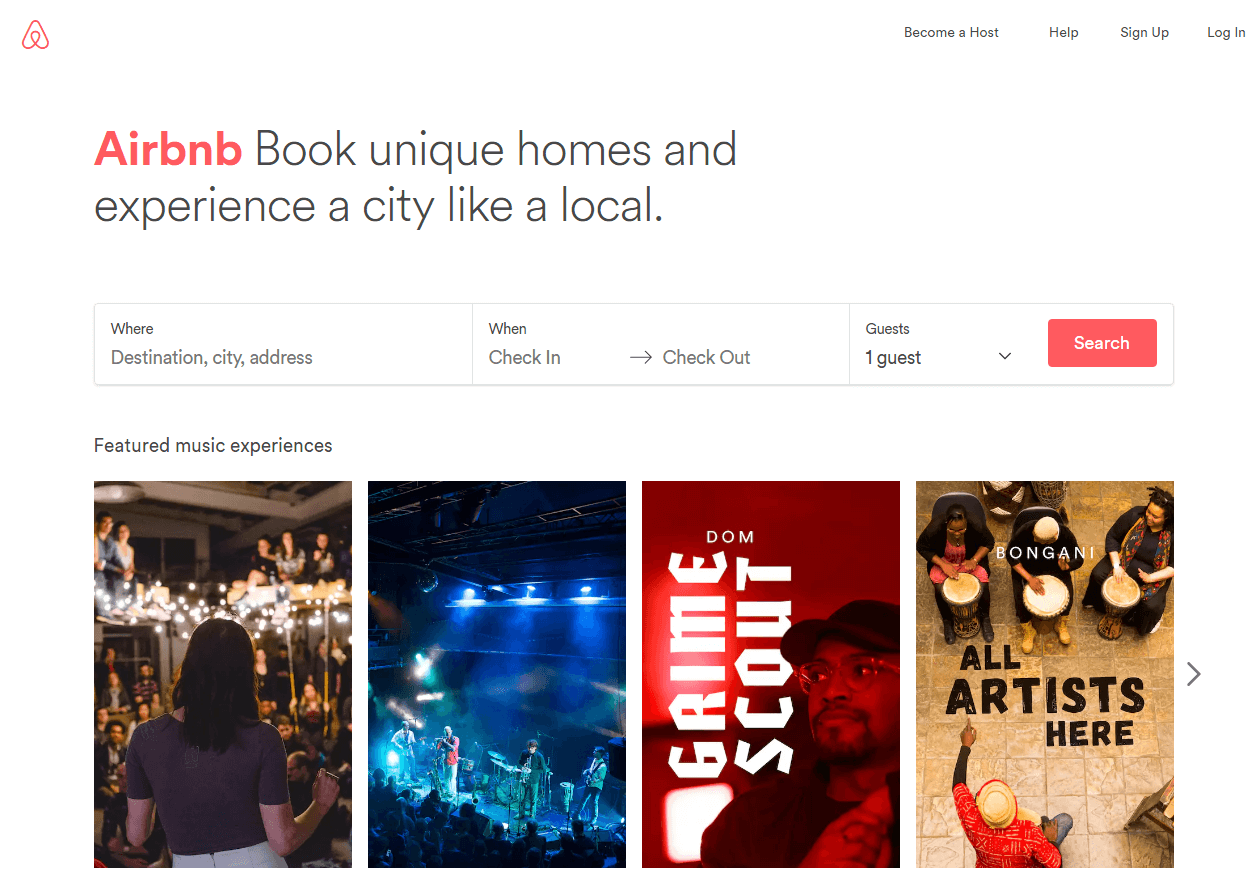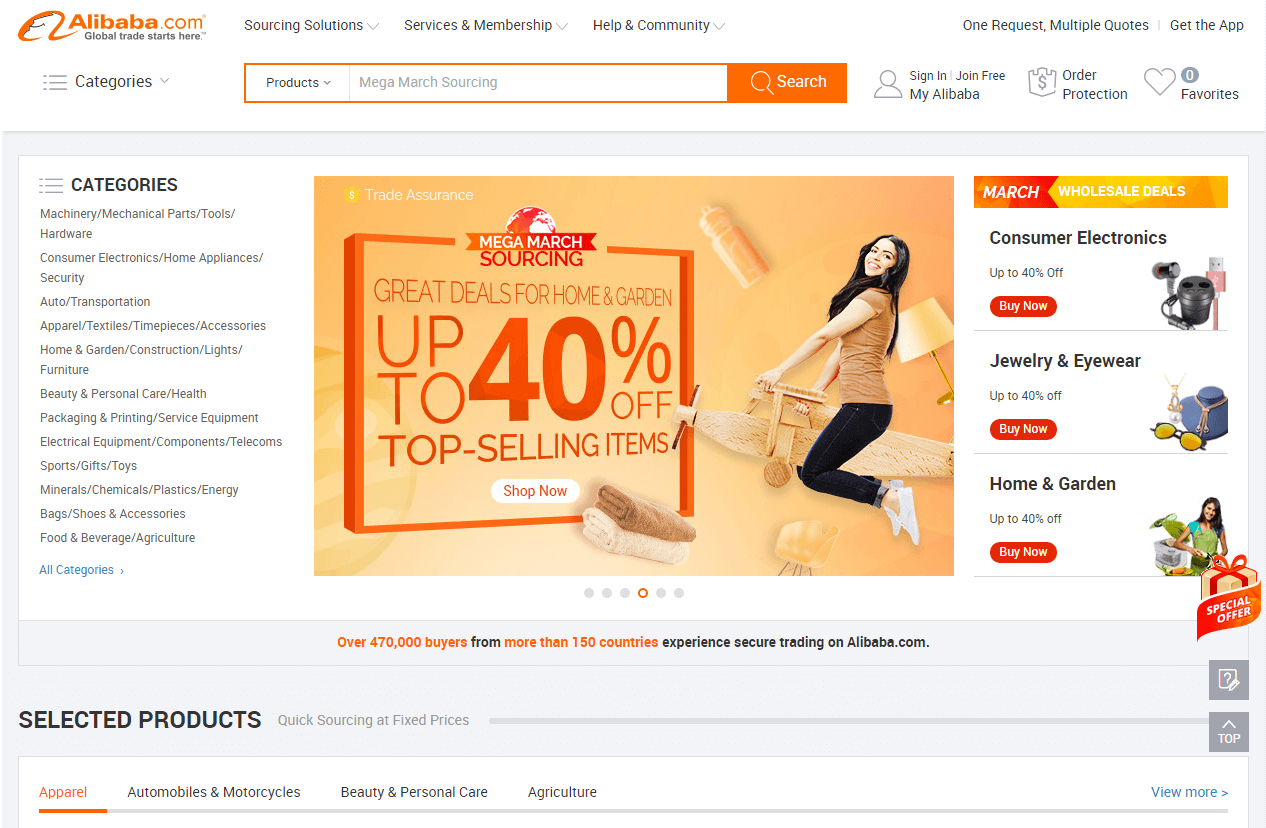
Uber, Alibaba, Paypal or Airbnb, it really doesn’t make a difference what these companies go by. These companies always have their hands on the wheel to overtake competitors by the end of the game. But how? Conventional methods and marketing strategies are always their primary means to close and beat the competitor in their own game. However, one of the more effective tools they use in winning these battles is API or Application Programming Interface. APIs are algorithms that are designed and developed to manage large scale data while opening new opportunities for these online businesses.
Any company that runs their eCommerce operations on the internet can use these APIs to extract useful information from their customers. It takes the data without harming the ethical codes of the eCommerce business and uses it on several R&D and product marketing projects to better swing at what the user wants from the seller.
Why Learning About Your Customers is Important?
Knowing about customer behaviors is imperative in online marketing. If there is anything that can influence or even turn the tide of eCommerce, it is consumer trends. APIs are used for storing personal information from users when they interact with the website or mobile application. This information could be dates of birth, personal tastes, interests, consumption or movement patterns in a town, city or region, etc. After acquiring this data, consumer behavior experts will use it to derive personas and improve their services and products. The same information and statistics can be also used for starting new ventures in an area. Two most renowned examples are Uber and Alibaba which use APIs to absorb consumer information and reform their policies and services according to it.
In today’s age of wireless technology, everything from selling supercars to buying a pair of socks is done through mobile devices. With the rising trends of mobile technology and its countless applications in the eCommerce industry, many businesses are now using APIs on mobile commerce to enhance their business strategies.
However, the use of API has not gone unopposed. To prevent the abuse of this technology, regulatory authorities in USA such as US Federal Trade Commission (FTC) makes sure that the data acquired from the consumers is used for commercial purposes only and does not clash with the law.
Airbnb

For instance, the company Airbnb uses APIs to adjust its advertising with the customer profile. The apartments that are best looking can be adjusted with the tastes of those customers who appreciate a similar lifestyle and are hence put to priority through images. Without an API actively and involuntarily working for the eCommerce business, the collection of data, recognizing images and identifying consumption patterns will be nearly impossible or merely effective.
The use of API is not a new integration for Airbnb as they have claimed using APIs to predict customer behavior for quite some time. With the help of these predictive models, Airbnb has been able to improve their total no. of booking by 4%.
Alibaba is undoubtedly the biggest eCommerce company in the world and the use of APIs has become their priority recently. Since Alibaba holds nearly 80% of the world’s eCommerce, they need to process tremendous amounts of data. No matter how many resources they hire, such tasks cannot be completed by human counterparts. Thanks to APIs, this issue has been resolved for good.
Alibaba uses Hadoop for analyzing even the most complex data in the fastest means possible with the help of a platform on the cloud Apsara. This platform was developed by the company so it can be used for the fast calculation of data by grouping servers on the cloud. With the help of this API Alibaba is able to process data with uncompromised capacity.
Use of APIs in Mobile Commerce
Uber has been actively using API on their mobile application to find consumption patterns and create predictive models. For example, what is the most traveled place in a city or what is the most preferred route to a destination? Through the data, the Uber marketing team uses Bayesian statistics to derive a model that can calculate the destination accurately almost 75% of the time. This model uses three cardinal aspects to determine the results.
- Customer’s destination history
- Customer’s behavior
- The popularity of the destination
Through the combination of these three factors the model can predict if a customer with specific behavior pattern will go to a particular destination in the city.
One of the prime reasons why Uber has been able to cut through the competition and achieve this impressive percentage is through the use of APIs. This was so successful that in 2014 Uber anonymously extracted the driving patterns of 3000+ customers in San Francisco city. To make sure this information was delivered accurately, the drivers were charged with filling out the information after reaching each destination.
This is how a non-human counterpart can find information about the customer’s movement patterns, the places they visit and the time they go there and spend there. By learning these consumption patterns the Uber data team can introduce better and more tailored services to their customers that serve their needs best.
But this is not it. Thanks to the data acquired through its mobile application, Uber has been able to launch other services that are calibrated and tailored according to the preferences of the consumers. Here are the Uber services that were introduced with the help of API’s.
A highly creative package delivery service, UberRUSH uses bike or foot messengers to deliver packaged across New York City. It is an easy to use application that allows the sender and the receiver to track the message in real time when it is being delivered.
UberEATS is another amazing application developed for the convenience of getting ‘take out’ food from restaurants to home in New York, Los Angeles and Chicago in the US, Toronto in Canada, and Barcelona in Spain. Food businesses who want this service can fill out a form to get registered with UberEATS.
Another big example of API integration in Mobile commerce is PayPal. The mobile payment market giant PayPal has been using APIs to keep tabs on new entries such as Stripe to monitor what they are bringing to the table and how they are being praised. To make sure they still have competitive advantage in the mobile payment market, PayPal was able to introduce a new interface which was much more flexible and user friendly.
Conclusion
With the help of APIs, companies can now step up with their ambitions and stay ahead of competition without compromising their revenues. Now with the rising tide of mobile technology, APIs can be more effectively deployed in mobile applications and deliver tremendous success in the eСommerce industry.
Author Bio:
Simon Walker is an experienced eCommerce developer and consults businesses to reach their online goals by creating more and more convenience for the end consumer. With more than 7 years of industry exposure, he is currently working at FMEextensions – a premium Magento eCommerce development company. You can get in touch with him at Twitter and Facebook.






